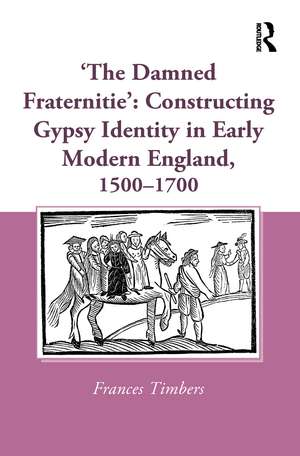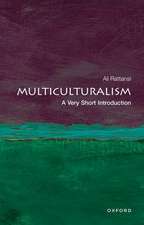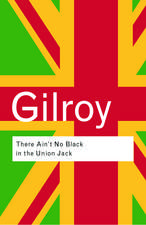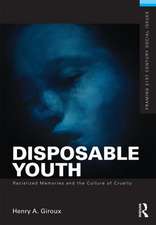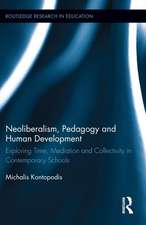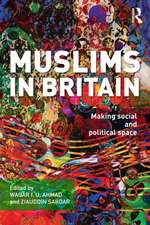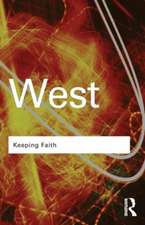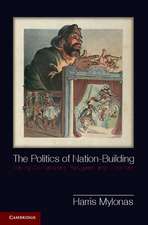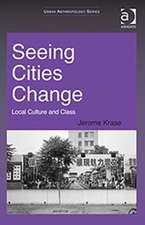'The Damned Fraternitie': Constructing Gypsy Identity in Early Modern England, 1500–1700
Autor Frances Timbersen Limba Engleză Hardback – 3 mai 2016
| Toate formatele și edițiile | Preț | Express |
|---|---|---|
| Paperback (1) | 389.66 lei 6-8 săpt. | |
| Taylor & Francis – 29 aug 2022 | 389.66 lei 6-8 săpt. | |
| Hardback (1) | 821.53 lei 6-8 săpt. | |
| Taylor & Francis – 3 mai 2016 | 821.53 lei 6-8 săpt. |
Preț: 821.53 lei
Preț vechi: 1179.08 lei
-30% Nou
Puncte Express: 1232
Preț estimativ în valută:
157.20€ • 164.57$ • 130.07£
157.20€ • 164.57$ • 130.07£
Carte tipărită la comandă
Livrare economică 05-19 aprilie
Preluare comenzi: 021 569.72.76
Specificații
ISBN-13: 9781472462510
ISBN-10: 1472462513
Pagini: 208
Ilustrații: 20
Dimensiuni: 156 x 234 x 18 mm
Greutate: 0.54 kg
Ediția:1
Editura: Taylor & Francis
Colecția Routledge
Locul publicării:Oxford, United Kingdom
ISBN-10: 1472462513
Pagini: 208
Ilustrații: 20
Dimensiuni: 156 x 234 x 18 mm
Greutate: 0.54 kg
Ediția:1
Editura: Taylor & Francis
Colecția Routledge
Locul publicării:Oxford, United Kingdom
Cuprins
Introduction: ‘The damned fraternitie’: constructing gypsy identity in early modern England, 1500–1700
1 ‘From Aegypt have I come’
2 ‘Gypsies: thieves and tramps?’
3 ‘Chargeable unto the country’
4 ‘O’er the Moors to Kirk Yetholm’
5 The narrative of gypsyhood
6 ‘By lines they read in face and hand’
7 ‘These rowsey, ragged rabblement of rakehelles’: rogue literature
8 ‘The stain of my offence’
1 ‘From Aegypt have I come’
2 ‘Gypsies: thieves and tramps?’
3 ‘Chargeable unto the country’
4 ‘O’er the Moors to Kirk Yetholm’
5 The narrative of gypsyhood
6 ‘By lines they read in face and hand’
7 ‘These rowsey, ragged rabblement of rakehelles’: rogue literature
8 ‘The stain of my offence’
Notă biografică
Frances Timbers holds a PhD in British History from the University of Toronto (2008). She has published two books and three articles that deal with issues of magic, witchcraft and gender in sixteenth- and seventeenth-century England. Timbers is currently on a self-imposed sabbatical in Panama, where she spends her time writing about gypsies, teaching yoga, biking to the beach and caring for seven rescued cats.
Descriere
Drawing upon previous historiography, a wealth of printed primary sources (including government documents, pamphlets, rogue literature, and plays), and archival material, the book argues that the construction of gypsy identity was part of a wider discourse concerning the increasing vagabond population, and was further informed by the religious reformations and political insecurities of the time. The developing narrative of a fraternity of dangerous vagrants resulted in the gypsy population being designated as a special category of rogues and vagabonds by both the state and popular culture.
